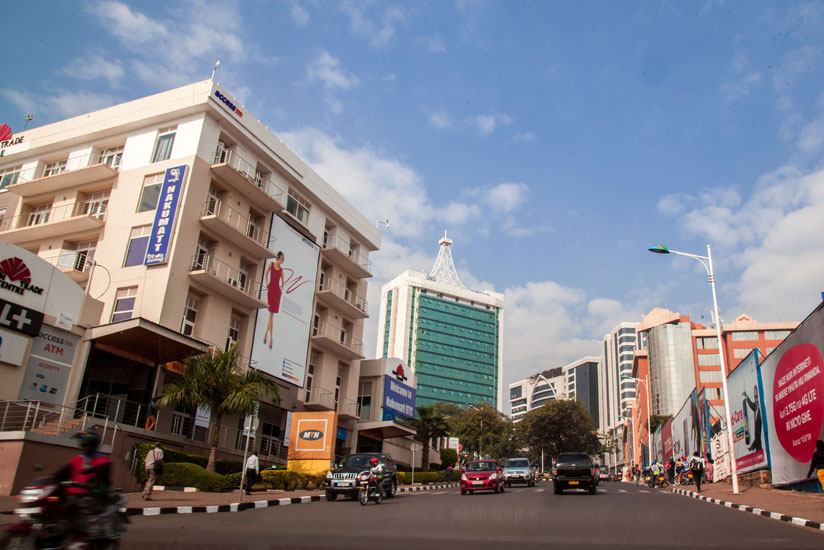Editor, RE: “Political journeymen on the rise in East Africa” (The New Times, August 4).


Editor,
RE: "Political journeymen on the rise in East Africa” (The New Times, August 4).
Joseph Rwagatare writes that, "Political parties are...built on a shared core of beliefs and programmes by members...” Yes, that is the theory. And it may actually have reflected in reality in far bygone days and may even still hold in a few countries here and there around the world.
But it is far from the norm in far more places around the world, where political carpetbaggers whose only interest in joining a political group is their hard calculation of the probability of attaining political power with that group, shared core beliefs or ideology be damned.
And, by the way, this isn’t just an African phenomenon; it is universal in today’s world, where strongly held ideologies, good or bad, are seen with disfavour. Standard technocracy and management of the national sphere in the interest of global capital is seen as more preferable.
Politicians with strong views based on the over-riding priority of their people’s welfare tend to be looked on with suspicion by the global elite of corporatism and the technocratic political managers who are in their service in national chancelleries in Western capitals.
Democracy in any of its multitude of forms or any other system of governance should not be an end in itself. Democracy does not feed a hungry family, clothe its children, take them to school or care for their health.
If people are hungry, homeless, sick, or without means to educate themselves acquire the requisite skills and access to resources to work themselves out of poverty, the idea of democracy or even simple dignity are worse than merely academic; they are foreign concepts for all practical purposes.
Singapore under Lee Kuan Yew achieved something miraculous that few other countries anywhere at any time in history has ever managed: transform a poor, backward city state into the ranks of the topmost developed world, at both the macro and the individual levels.
This will inevitably lead to a clamour by a highly educated, materially well-off and a very healthy next generation, who have never known the privations of their parents’ generation, to demand for greater personal, political and social liberties than their parents ever had.
And that, in my view, is how national political systems evolve. If you put political contestation as your priority before economic and material well-being you will remain trapped in economic underdevelopment which will keep your society in perpetual conflict and shut off any chance of social, economic and, ultimately, political progress.
Nothing is more incompatible with even the idea of democracy than sheer poverty because democracy is, first and foremost, about the ability to make your own choices, and really poverty, as we know it in many African countries—and even more in certain sections of Asian communities, especially the caste-ridden India, means complete inability to exercise choice.
Certain levels of poverty disenfranchise the poor as effectively as if engaging in democratic processes required means testing.
Mwene Kalinda


